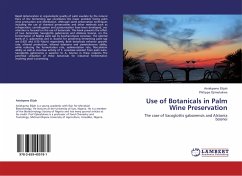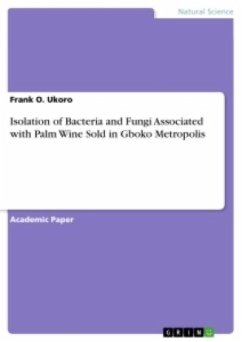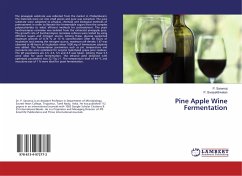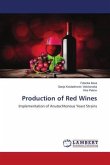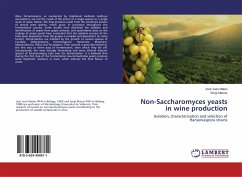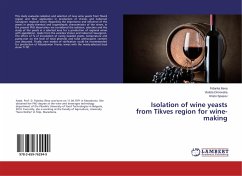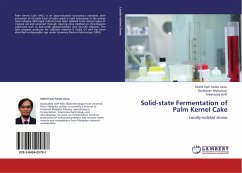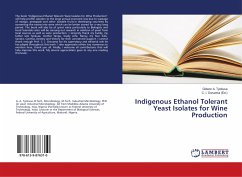Rapid deterioration in organoleptic quality of palm exudate by the natural flora of the fermenting sap constitutes the major problem facing palm wine production and distribution. Although some preservation techniques including the use of chemical preservatives and other methods such as refrigeration, centrifugation and pasteurization have been developed, our attention is focused on the use of botanicals. This book presents the effect of two botanicals; Sacoglottis gabonensis and Alstonia boonei, on the fermentation of Raphia palm sap by Saccharomyces cerevisae. The optimal levels of S. gabonensis and A. boonei for preserving fermenting palm sap are 0.625 and 0.50 %(w/v) respectively. Both botanicals enhance growth rate, ethanol production, ethanol tolerance and osmotolerance ability, while reducing the fermentation rate, sedimentation rate, flocculation ability as well as invertase activity of S. cerevisiae isolated from palm wine. Sacoglottis gabonensis is superior to A. boonei in these respects. The potential utilization of these botanicals for industrial fermentation involving yeast is promising.
Bitte wählen Sie Ihr Anliegen aus.
Rechnungen
Retourenschein anfordern
Bestellstatus
Storno

